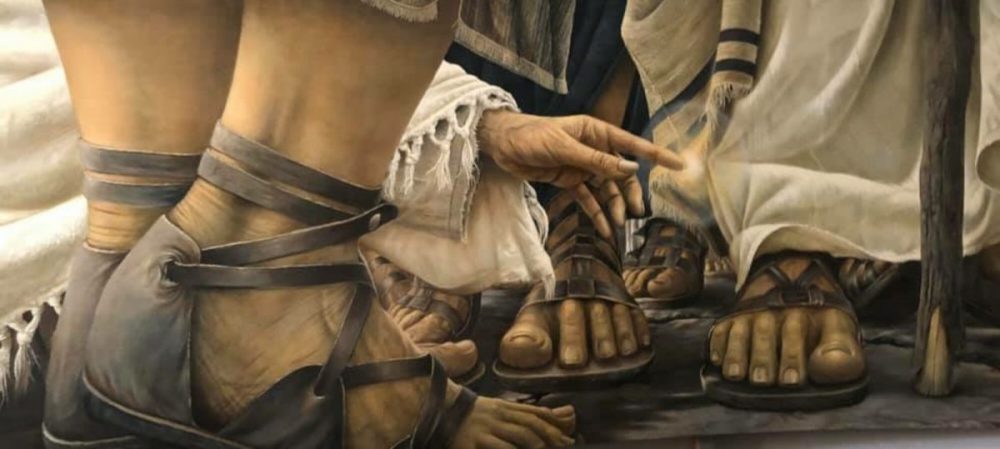In Proverbs 8, Solomon gives wisdom a voice. He personifies wisdom as a woman who is describing herself and the benefits we can receive if we follow her advice. Some of the things we can learn about wisdom from this monologue are—Wisdom is the application of truth and righteousness (vss. 7-8). Wisdom is more valuable than silver, gold, or precious jewels (vss. 10-11). Those who follow wisdom experience blessings and peace (vss. 18-21), and they receive life and favor from God (vs. 35). Just and righteous kings rule with wisdom (vss. 15-16). And God created all things through wisdom (vss. 22-31).
In summary, one could deduce from this Proverb that wisdom is the right application of truth and humbly doing the right thing at all times. It should be valued above even the most precious things such as silver or gold. And, when followed, will bring honor, blessing, peace, and order to their life instead of chaos, fear, or stress (see Matt. 7:24-25).
So, where can we find wisdom if wisdom is so precious and should be sought after? Solomon answers that question in Proverbs 9:10. He says, “The fear of the Lord is the beginning of wisdom, and knowledge of the Holy One is understanding.” The next question is what does he mean by “the fear of the Lord”? Are we supposed to be afraid of God if we want wisdom? No, but to understand what Solomon means we need to examine the word “fear” more closely.
The word translated “fear” in this passage is the Hebrew word yirah and it has a wide range of meanings. It can mean having dread or terror from something such as when Israel was afraid of God when He appeared on the top of Mount Sinai (Ex. 20:18-19). Some feel this type of fear is self-centered because the focus is on “what will happen to me?” This is exactly Israel’s response to the Presence of God— “But do not have God speak to us or we will die” (Ex. 20:19).
The word yirah, however, can also mean to revere, be in awe, respect, or worship. In this case, the emphasis is not on what happens to the person, but on God’s glory, power, and majesty. And, instead of causing us to draw away from God as it did with Israel, it compels us to move closer to Him and motivates us to please Him like Moses (Ex. 20:21). When we encounter the power and glory of God, it humbles us and brings us to repentance because we recognize our sinfulness in the presence of His holiness (Job 42:1-6), but it also fills us with an awe-inspired love for God. We desire to grow closer to Him and learn from Him. We recognize that His laws are for our benefit because they teach us how to live, and a wise man out of this fear (awe, respect, reverence) for the Lord will put them into practice.
This type of fear of the Lord can be developed and I would challenge you to begin to discipline yourself to grow in the fear of the Lord and wisdom. First, pray for God to put a hunger in your heart to experience the Presence of God (Matt. 5:6). Ask Him to give you a passion for more of His glory (Ex. 33:18). Then, when you read your Bible, don’t read it merely to gain information about God. Instead, read it with the fear of the Lord. Read it with awe, wonder, and reverence (Ps. 19:7-11) as you sit down with the Almighty Creator of the Universe and listen as He speaks to you. Following this, go through your day with the fear of the Lord. Worship the Lord as you think about His power and glory (Ps. 63:1-4) and realize that He is always with you so that you want to please Him in everything you do (Col. 3:22).
Wisdom is calling, encouraging us to develop a true fear of the Lord that will make us aware of His awesome glory and will put a hunger in us to draw closer to Him. She then helps us apply God’s word to our lives so that we can find true life, blessing, honor, and favor from God. Will we listen?
